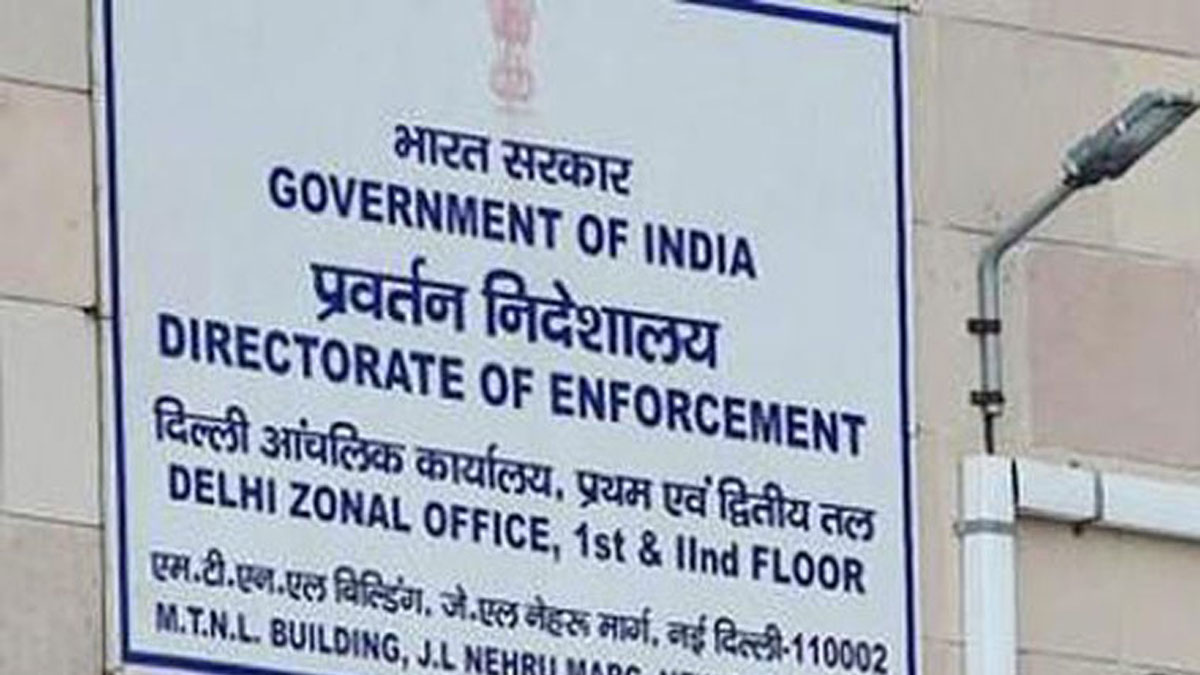Supreme Court raps ED over summons to senior lawyers: Privileged Communication can't be violated

The Supreme Court on Monday expressed serious concern over the Enforcement Directorate (ED) issuing summons to senior advocates Arvind Datar and Pratap Venugopal for legal opinions rendered in the course of their professional duties.
A bench led by Chief Justice of India B.R. Gavai and Justice K. Vinod Chandran, hearing the matter suo motu said, “How can lawyers be summoned like this? This is privileged communication. We were shocked.”
The summons, since withdrawn, were issued during the ED’s probe into the issuance of Employee Stock Option Plans (ESOPs) valued at over Rs 250 crore by Care Health Insurance to former Religare Enterprises chairperson Rashmi Saluja. Datar had offered a legal opinion supporting the ESOP grant, while Venugopal acted as Advocate-on-Record.
Reacting swiftly, the ED issued a circular barring its field officers from summoning advocates without prior approval from the agency’s Director, citing Section 132 of the Income Tax Act and other protections for legal professionals.
During a brief hearing, CJI said, “We are contemplating laying down guidelines. We saw two such matters today. Don’t politicise the courtroom.”
Supreme Court Bar Association President Vikas Singh told the bench, “In Turkey, the entire bar was disbanded. We cannot go that way.”
Attorney General R. Venkataramani also condemned the ED’s action. “I told the ED what they did was wrong,” he said.
Solicitor General Tushar Mehta concurred that “lawyers cannot be summoned for giving professional advice,” but warned of a growing tendency to create media-driven narratives against institutions.
“If I am a politician in a Rs 3,000 crore scam, narratives can’t be built through interviews,” he said, while still supporting the need to protect lawyer-client communication.
The CJI, however, dismissed the concern that the judiciary was vulnerable to such outside narratives. “Tell us in which judgment were we influenced by narratives,” he asked pointedly. Justice Chandran reinforced, “You cannot say we will be influenced by such narratives.”
The Court said it would appoint an amicus curiae and asked stakeholders to file a comprehensive note in the case. The matter will next be heard on July 29, when the court may formalize guidelines to protect legal privilege in the face of investigative scrutiny.
India